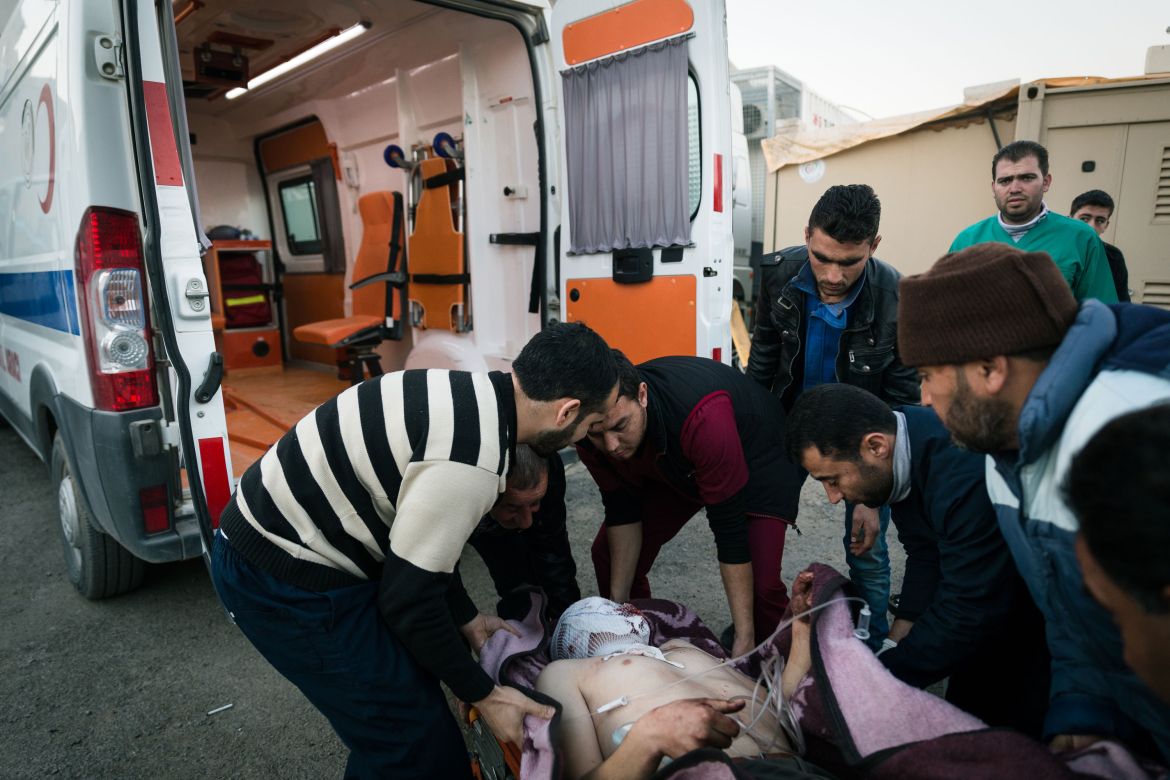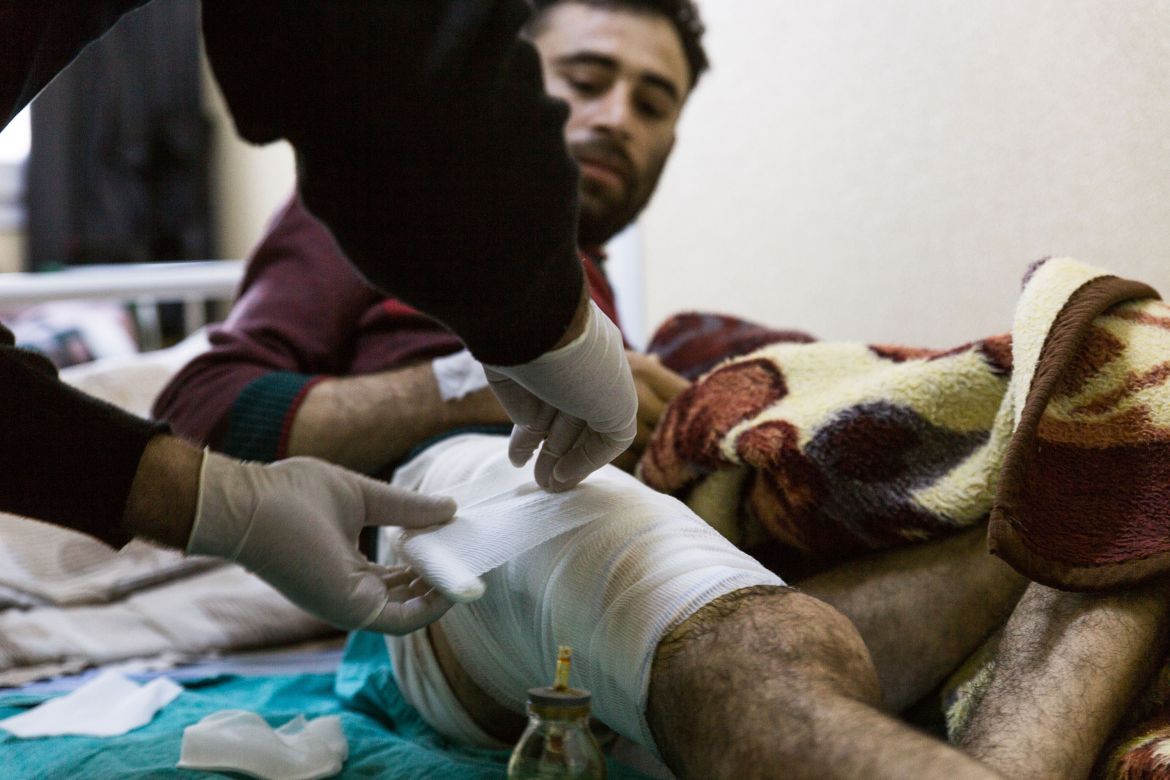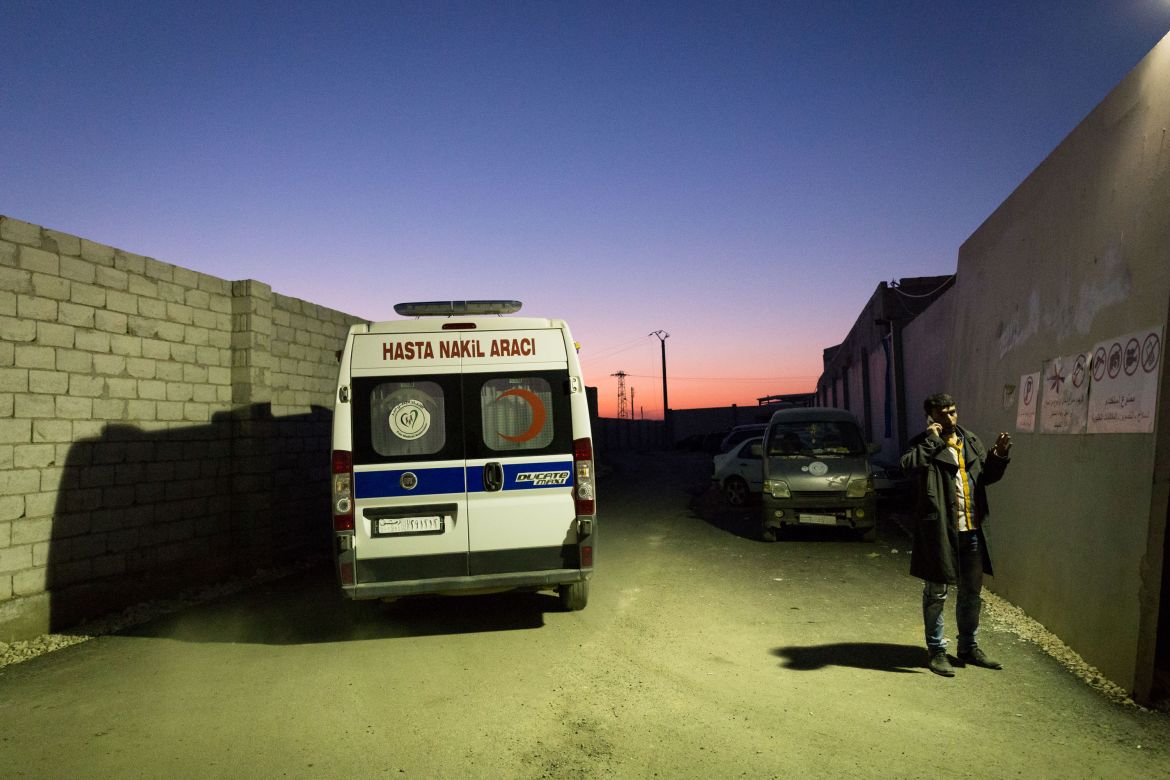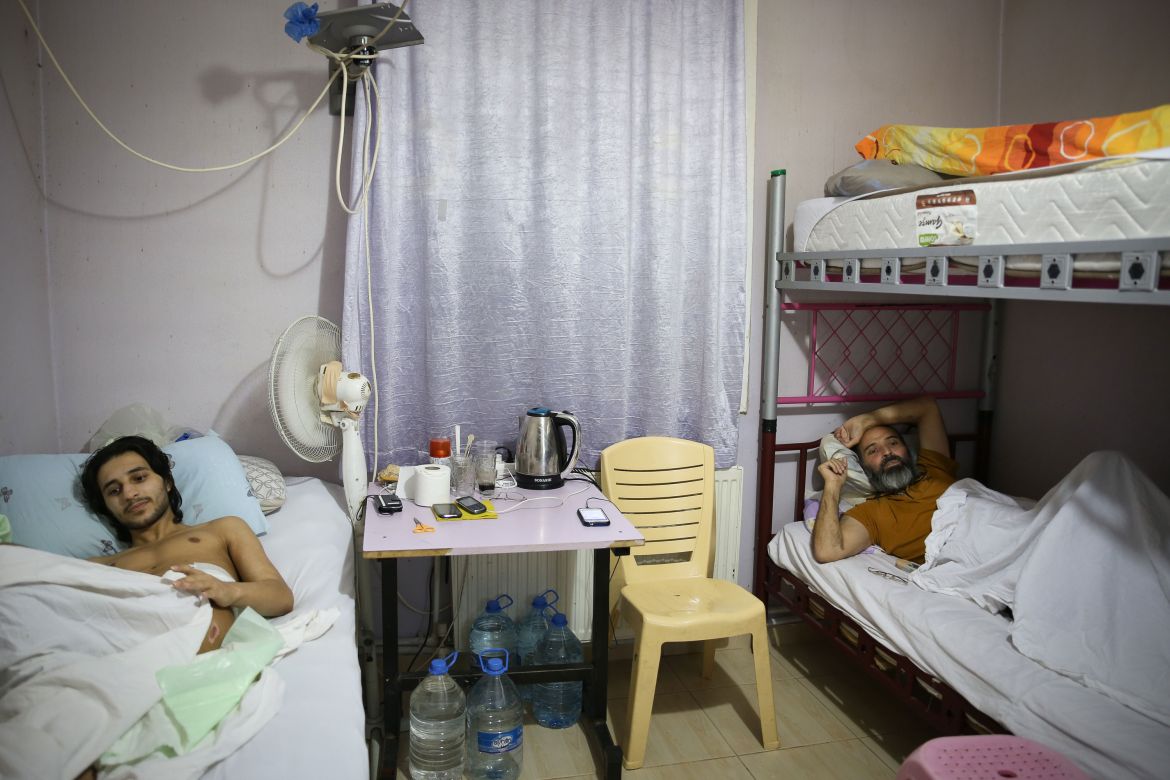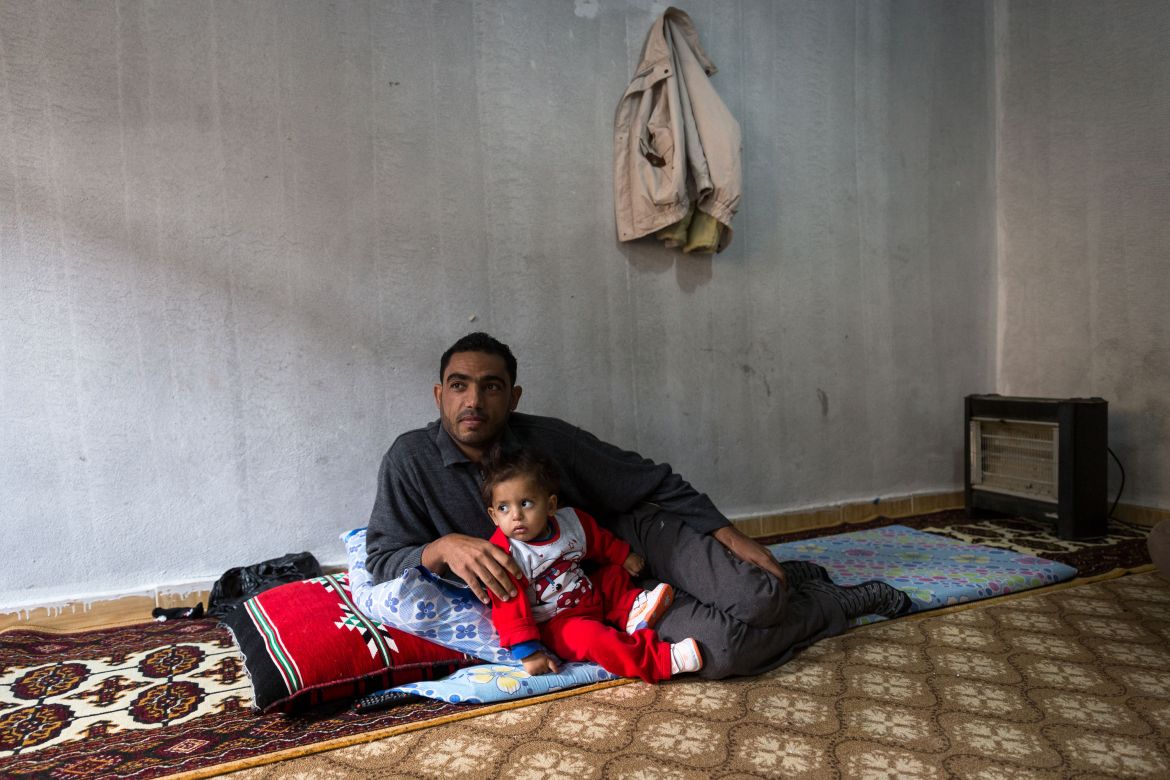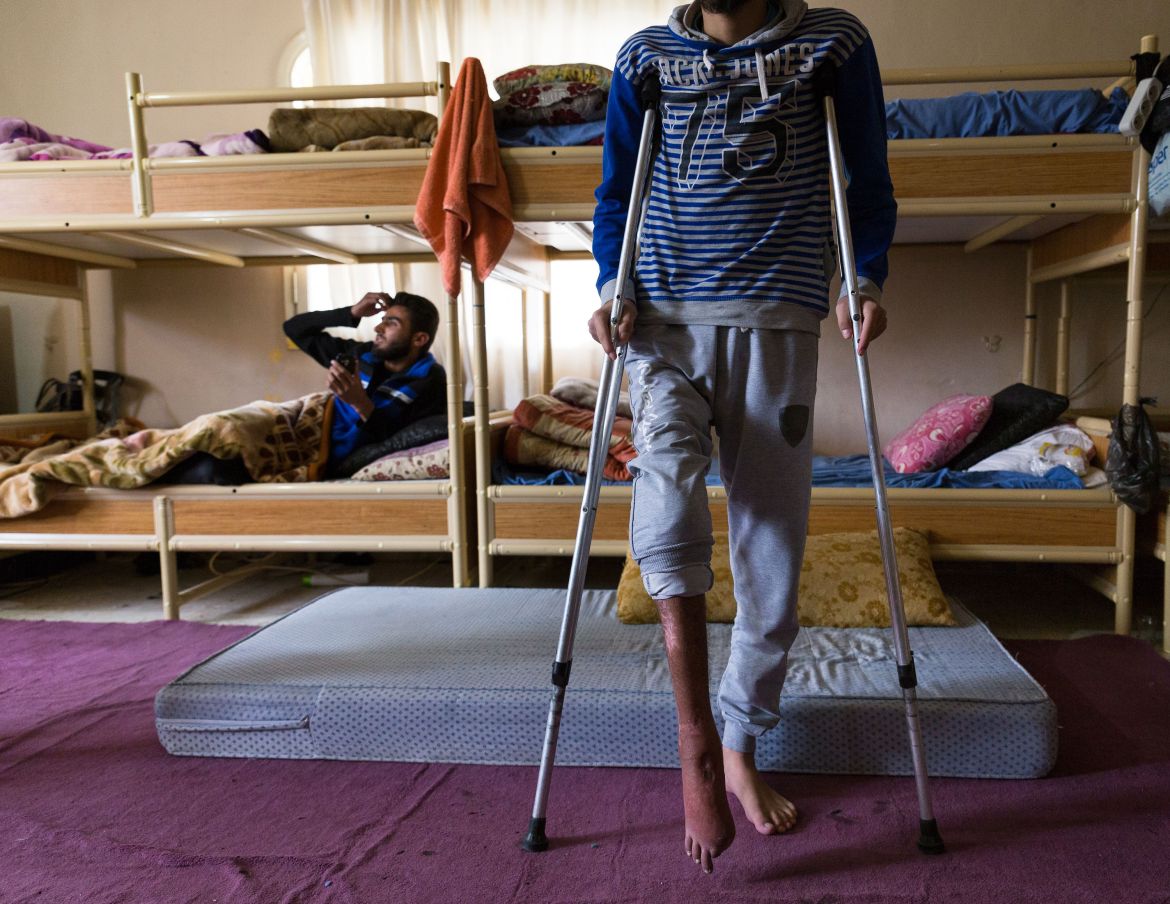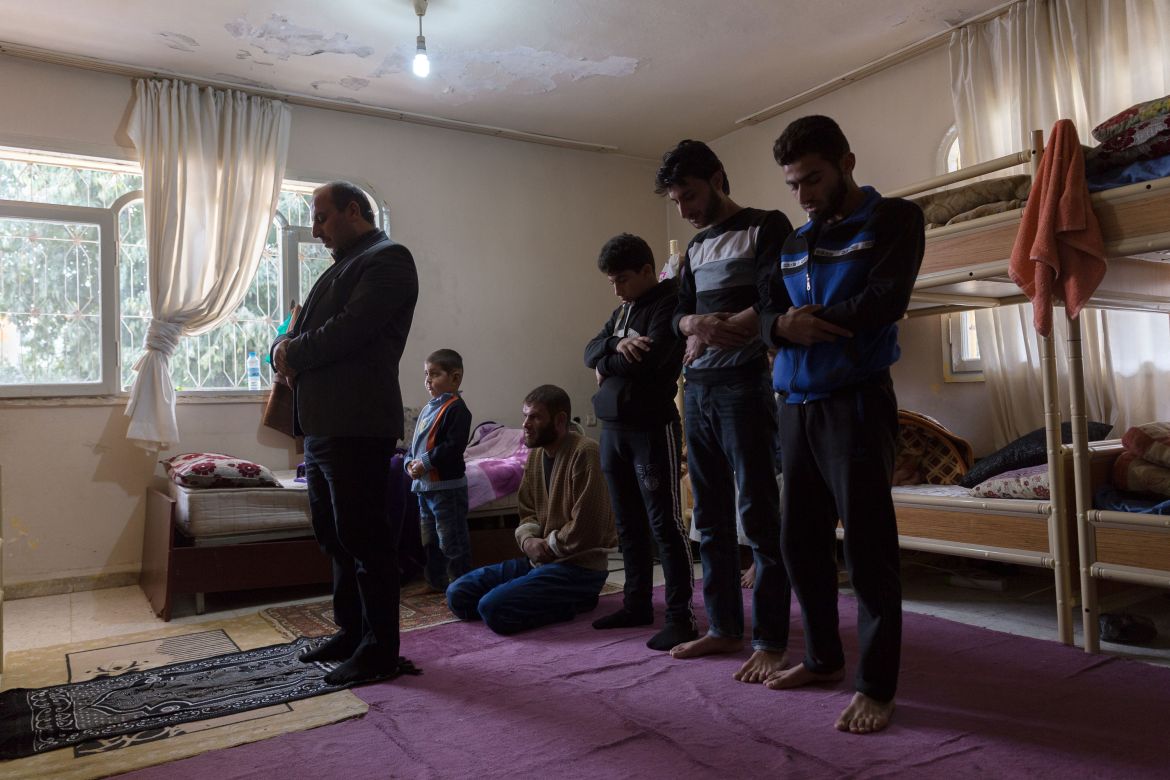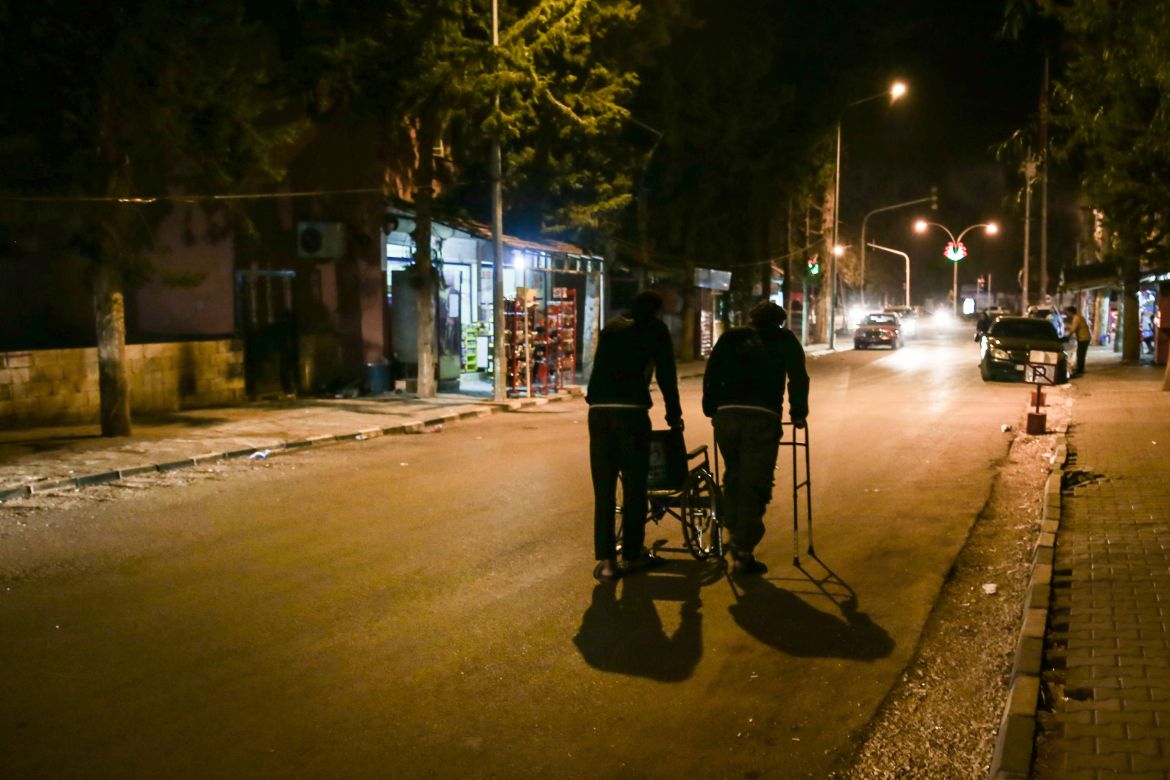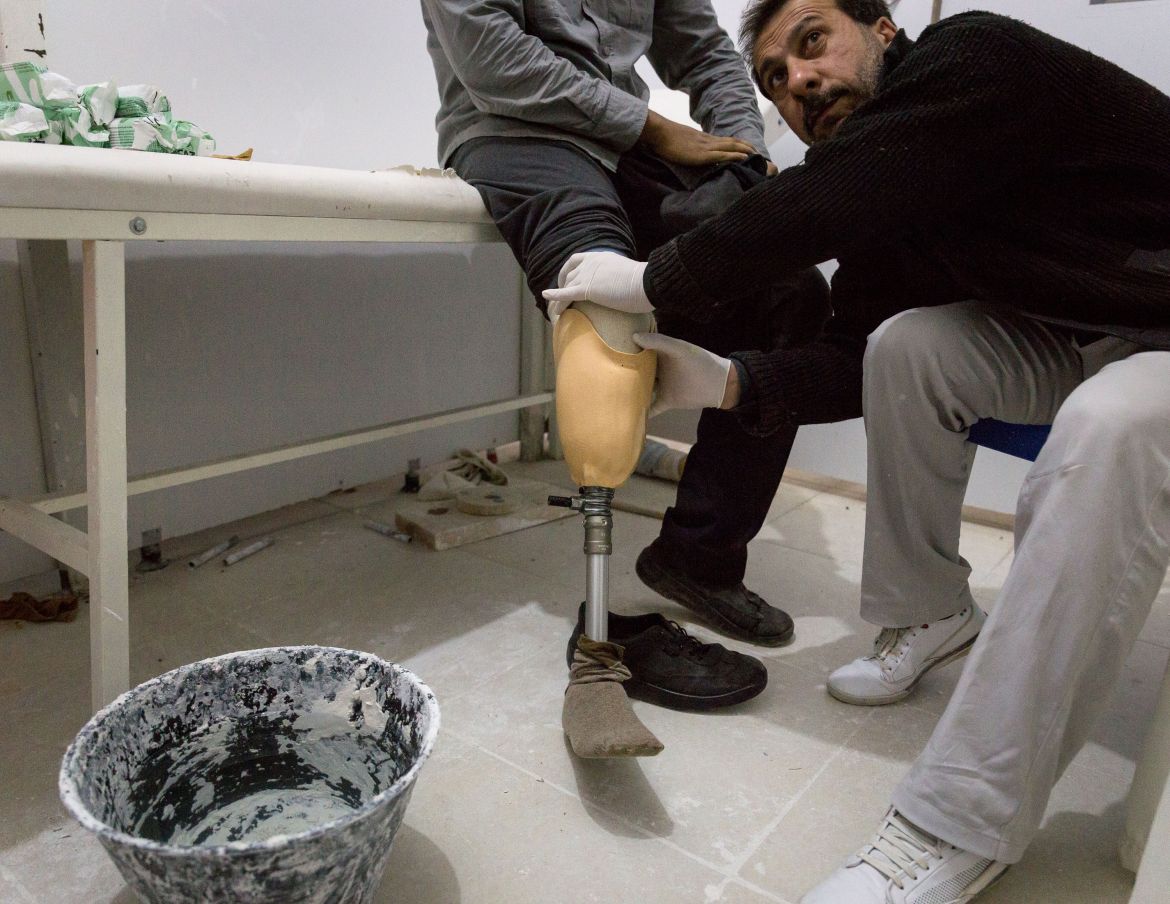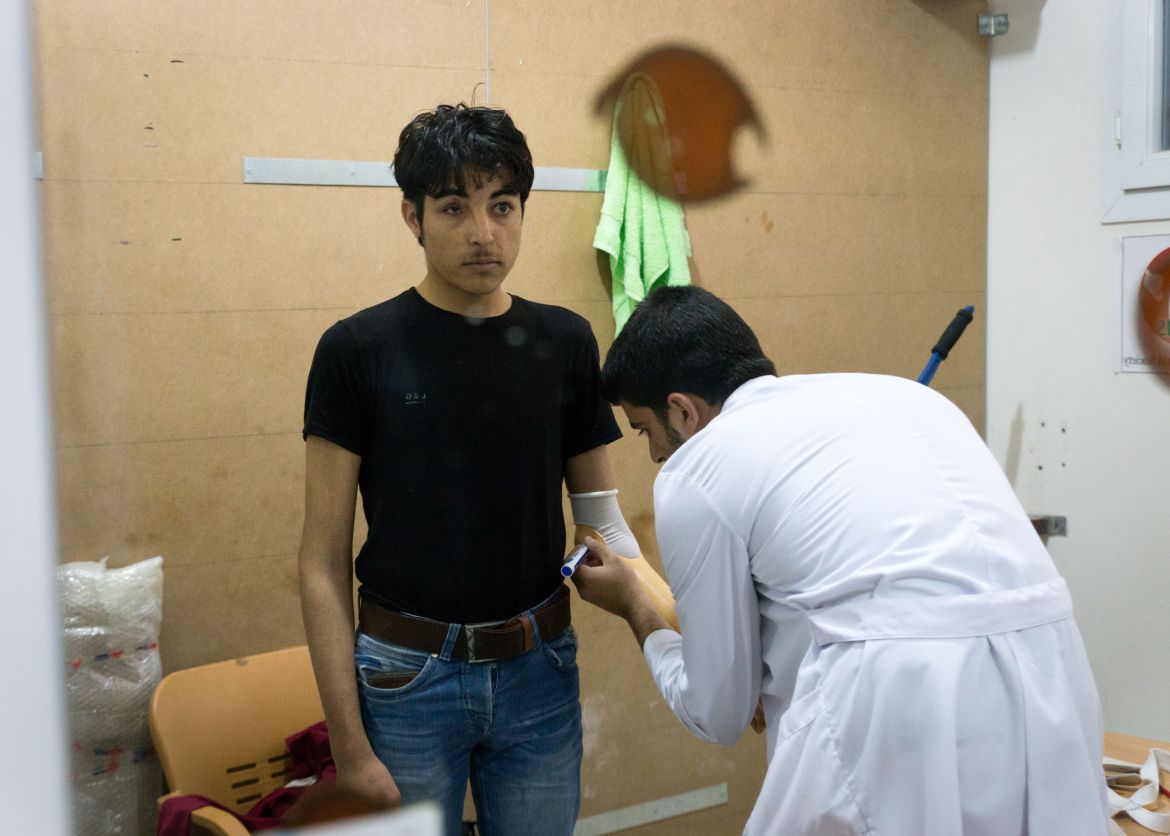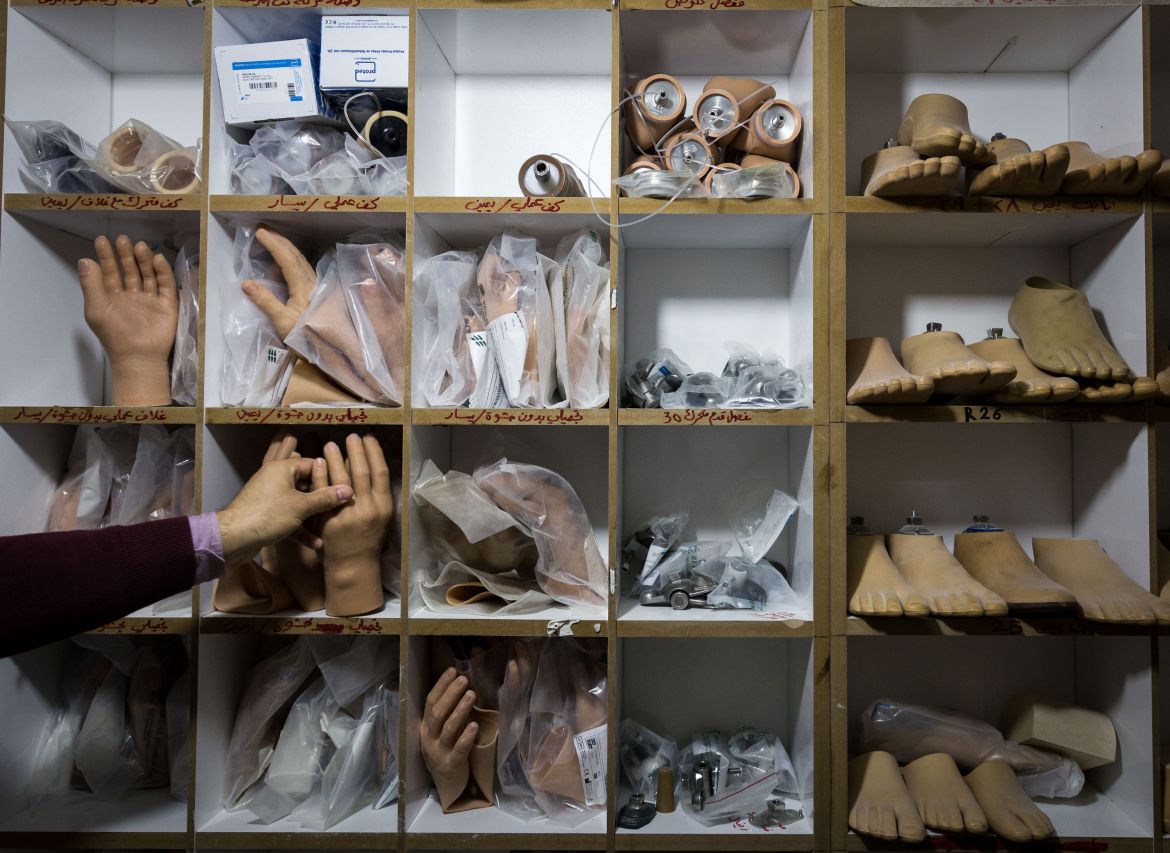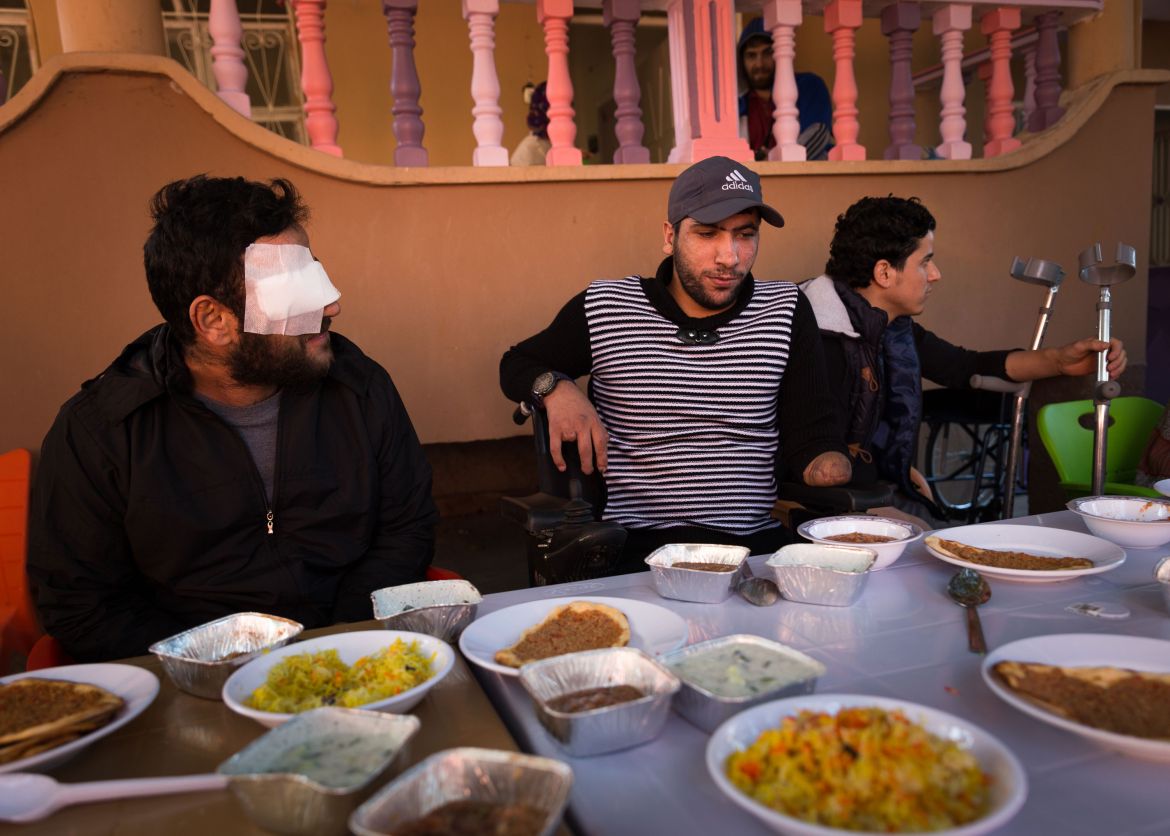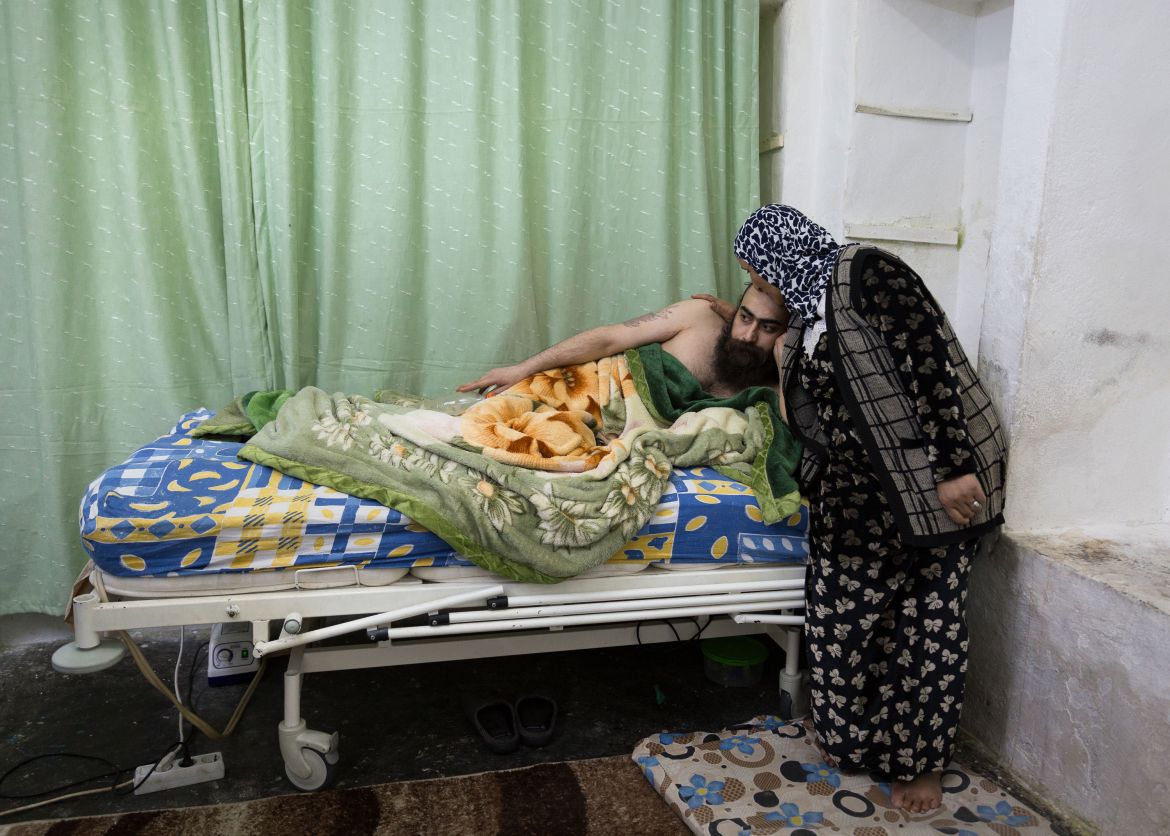In Pictures
Healing on the Syria-Turkey border
In special postoperative centres set up in Turkish border towns, Syrian fighters dream of returning to battle.
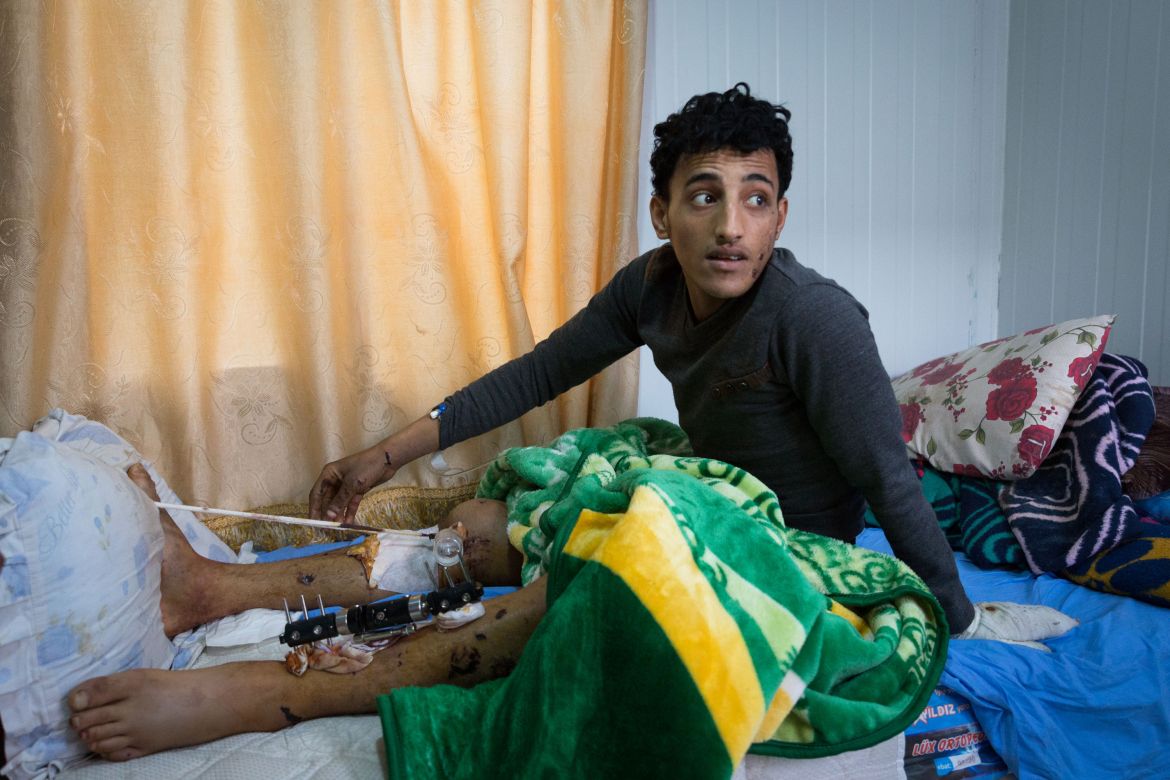
As the number of dead continues to rise in Syria, other people are struggling to cope with devastating injuries that will stay with them forever, such as the loss of limbs or impaired mobility.
Yet throughout Syria, it has becoming increasingly difficult for victims to access life-saving care. Government hospitals are inaccessible or carry the risk of detention, while medical facilities in opposition-controlled areas are regularly targeted by air strikes. Smaller field hospitals, meanwhile, do not have sufficient equipment.
Urgent cases are granted entry across the border into Turkey. In a series of transfers at designated points along the border, Syrian and Turkish medical teams coordinate ambulances to shuttle the wounded to Turkish state hospitals.
From there, Syrians who require longer-term treatment are turned over to postoperative recovery centers in Turkish border towns, including Reyhanli, Sanliurfa and Kilis. Known as “houses of healing”, they are operated by Syrians with support from international NGOs.
Bed-ridden, in wheelchairs or on crutches, the men here recount battles against regime forces and the Islamic State of Iraq and the Levant (ISIL) group, describing the circumstances of their life-changing injuries with a sense of pride.
Though grateful for the chance to physically recover in these safe spaces, their thoughts remain riveted on Syria, and on one day returning to the fight.
